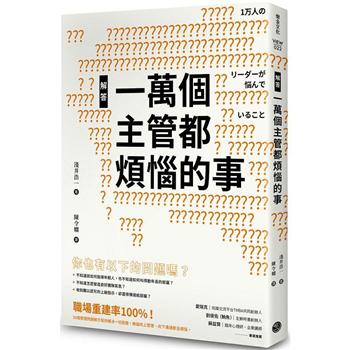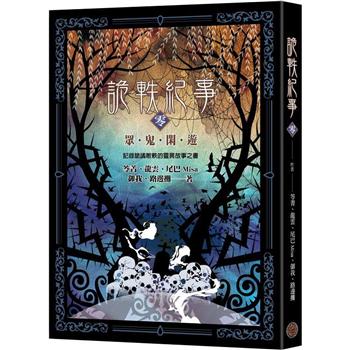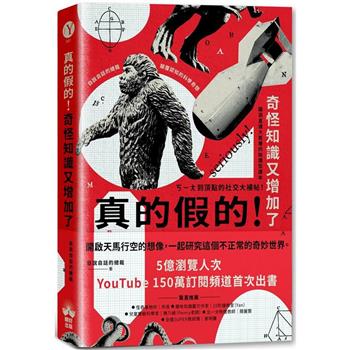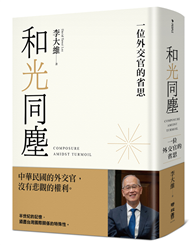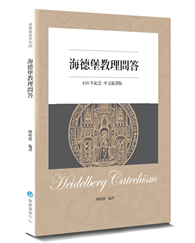Free Verse Editions
Series Editor: Jon Thompson
What People Are SayingChengru He’s wonderful and entirely original poems have one foot in a Chinese poetic sensibility (its spareness, erasure of self, and reliance on image) and the other in an American going-outness and commitment to play. Her work crosses alphabets and disparate poetics, landscapes half a world away from each other, and diverse personal and cultural histories with openness, wit, and immense charm. Out of these, she creates a welcome intervention in and addition to an emergent, newly inclusive American poetry. -Katharine Coles
From its very title, with the Chinese character for moon interposed into the English word "Moon," this collection offers rare and intimate access to what linguistic and poetic-as well as physical-exile feels like. The speaker of these poems refuses to choose between Chinese and English, between Tang Dynasty and twenty-first-century poetry, between memories of a vanished China and walks down contemporary American streets. Almost every poem in this collection demonstrates how "the lost part of me/ sneaks back/ to remind the rest of me/ how I used to hold a pen tight/ one stroke/ after another." Particularly moving are the variations on Li Bai’s "Moon" -a poem about longing for home-which appear throughout the collection: first in Chinese characters, then in pinyin, then in English, then in various combinations and then expanding to make room for the stuff of twenty-first-century America life: "LED 3 color temp/erature lamp"; "4K Screen"; "identity politics"; "Social Security number," as well as images from He’s other poems in the collection, working to break down the distinctions between Chengru He’s mostly English-language contemporary poems and the great ancient Chinese poetic tradition from which they come. -Jackqueline Osherow
M O月 N is English word is Chinese character is sometimes a character inside of a word is in the sky as light and on the ground as shadow and on the body is time is marker of home, when homes are so far away from each other (Shanghai to Alabama and Utah). M O月 N is still a point between a language/culture that has no tenses, and one that is tense with worry about categories and places: "how to invite the non-self from its nonexistence to a / land of identity politics how to introduce the non-self who controls the verbs with no rules." Chengru He charts her own geographies according to these moons, the approximate "moan" of a word with a character inside it. This is a beautiful book about dispersions of many kinds, a map to the scattered world. -Susan M. Schultz
About the AuthorChengru He 何琤茹 is a Chinese poet and translator currently based in Salt Lake City, where she is a PhD candidate at the University of Utah. She is the author of a hybrid collection I Would Vanish into Its Stronger Existence and the Chinese translator of two books from English.

